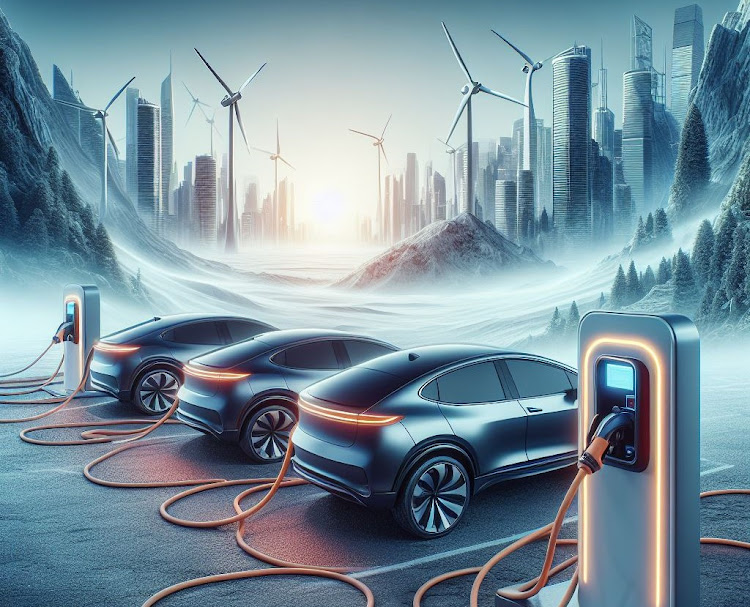- Admin
- Sep 30, 2024
- Buying Guides
- Read: Small Medium Large
Debunking Common Myths About Electric Cars
Electric vehicles (EVs) are becoming increasingly popular, yet several myths persist about their efficiency, environmental impact, and practicality. Here, we debunk eight of the most common misconceptions about electric cars.
Myth 1: EVs Have a Higher Carbon Footprint
Many believe that the production of EVs, especially their batteries, results in a higher carbon footprint than traditional gasoline cars. However, studies show that over their lifetime, EVs emit significantly less carbon dioxide compared to their gasoline counterparts, even when accounting for battery production and electricity generation.
Myth 2: EV Batteries Don't Last Long
A common concern is that EV batteries need frequent replacements. In reality, most EV batteries come with warranties of at least eight years or 100,000 miles. Advances in technology have extended the lifespan of these batteries to 12-15 years, often outlasting the vehicles themselves.
Myth 3: EV Batteries End Up in Landfills
There is a widespread fear that EV batteries will contribute to landfill waste. However, many EV batteries are repurposed for energy storage or recycled to extract valuable materials, reducing their environmental impact.
Myth 4: EVs Are Too Expensive
While the upfront cost of EVs can be higher than traditional cars, the total cost of ownership is often lower. EVs have fewer moving parts, which means lower maintenance costs, and they benefit from government incentives and lower fuel costs.
Myth 5: EVs Have Limited Range
Early EVs had limited range, but modern EVs can travel 200-300 miles on a single charge, with some models exceeding 400 miles. Charging infrastructure is also expanding rapidly, making long-distance travel more feasible.
Myth 6: EVs Are Slow to Charge
Charging times have significantly improved. Fast chargers can replenish an EV battery to 80% in about 30 minutes, and home charging overnight is convenient for daily use.
Myth 7: EVs Are Not Safe
EVs undergo rigorous safety testing and often perform better in crash tests than gasoline cars. The lower center of gravity in EVs reduces the risk of rollovers, and the absence of a gasoline engine reduces the risk of fires.
Myth 8: The Power Grid Can't Handle EVs
Concerns about the power grid's ability to support widespread EV adoption are often overstated. Smart charging solutions and renewable energy integration are helping to manage the increased demand, ensuring that the grid remains stable.
As the automotive industry continues to innovate, it's essential to separate fact from fiction. Electric vehicles are not only a viable alternative to gasoline cars but also a crucial step towards a sustainable future.




